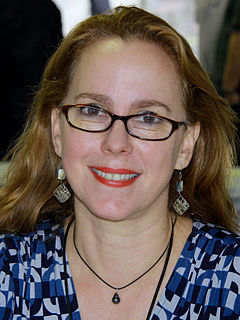A Quote by Hillary Jordan
I must start at the beginning, if I can find it. Beginnings are elusive things. Just when you think you have hold of one, you look back and see another, earlier beginning, and an earlier one before that. Even if you start with "Chapter One: I Am Born, " you still have the problem of antecedents, of cause and effect.
Related Quotes
It is in the very nature of a beginning to carry with itself a measure of complete arbitrariness. Not only is it not bound into a reliable chain of cause and effect, a chain in which each effect immediately turns into the cause for future developments, the beginning has, as it were, nothing whatever to hold on to; it is as though it came out of nowhere in either time or space.
I think it true that, you know, sometimes things start to change even before a government changes and, actually, I think you can begin to see even the Labour machine beginning to understand that it has become over-reliant on targets and processes, that local governments have been over-bossed and bullied.
The feeling of commiseration is the beginning of humanity; the feeling of shame and dislike is the beginning of righteousness; the feeling of deference and compliance is the beginning of propriety; and the feeling of right or wrong is the beginning of wisdom.Men have these Four Beginnings just as they have their four limbs. Having these Four Beginnings, but saying that they cannot develop them is to destroy themselves.
It's been written about as "the overview effect." All I can give you is my perspective, but most all of the people who have been in space start to see the world without boundaries. You start to think about how we can keep doing these things we're doing that are destructive of the environment and destructive of the planet. It causes you to start to think things in a quite different way than we had before.
Suggestions? Put it aside for a few days, or longer, do other things, try not to think about it. Then sit down and read it (printouts are best I find, but that's just me) as if you've never seen it before. Start at the beginning. Scribble on the manuscript as you go if you see anything you want to change. And often, when you get to the end you'll be both enthusiastic about it and know what the next few words are. And you do it all one word at a time.






































